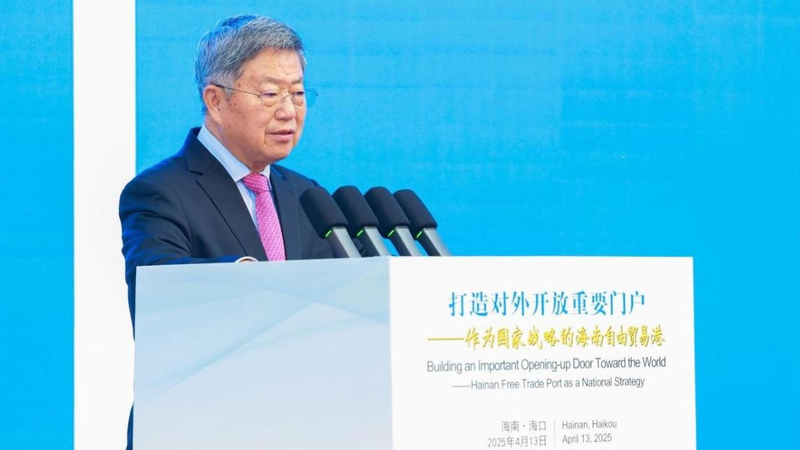In Haikou, experts from the Chinese mainland have unveiled a daring strategy to reshape economic growth. The plan calls for a $14 trillion "investment in people" concentrating on education, healthcare, and urban development to unlock the spending power of 1.4 billion consumers. Chi Fulin, president of the China Institute for Reform and Development, emphasized that bolstering human capital can transform vast consumer potential into a sustainable engine for growth, particularly by upgrading service-sector consumption in rural areas.
Amid challenges such as household savings rates above 45 percent that signal financial caution, voices like Zhao Jinping advocate for leveraging digital innovation to boost rural incomes, reforming land rights, and strengthening social safety nets. The underlying message is clear: financial security is critical before consumers can confidently drive economic activity.
Simultaneously, experts at a symposium on the Hainan Free Trade Port are reimagining the island as a key buffer against global trade pressures. Proposals include a "closed-loop" customs system designed to absorb external tariff shocks, expanding visa-free entry for international visitors, and attracting global educational and healthcare institutions. With plans to align local regulations with standards like those of the Comprehensive and Progressive Agreement for Trans-Pacific Partnership, Hainan is positioning itself as a modern trade hub and a potential host for the 2026 APEC Leaders’ Meeting.
This approach underscores a holistic, people-first strategy by experts on the Chinese mainland, blending domestic consumer empowerment with international trade innovation to navigate a shifting global economic landscape.
Reference(s):
Chinese experts propose $14T consumer push, Hainan as global trade hub
cgtn.com



